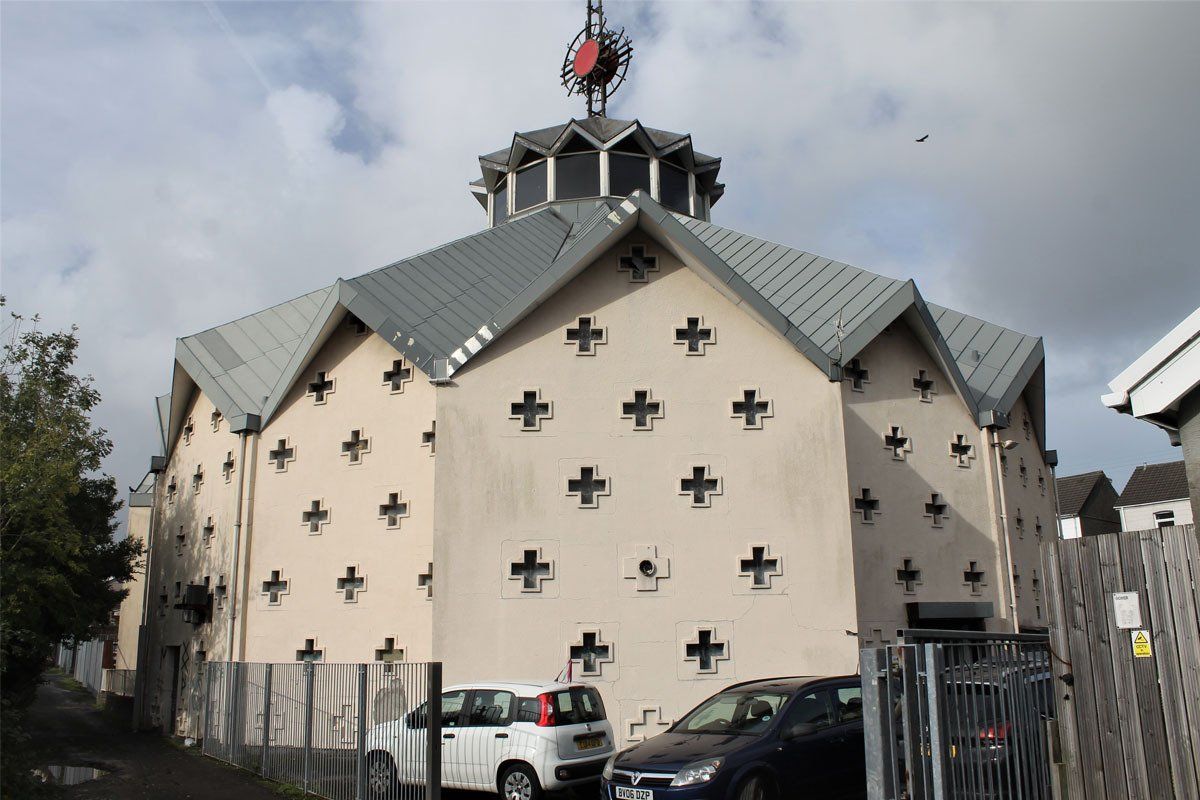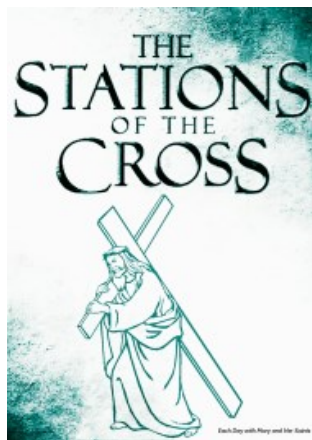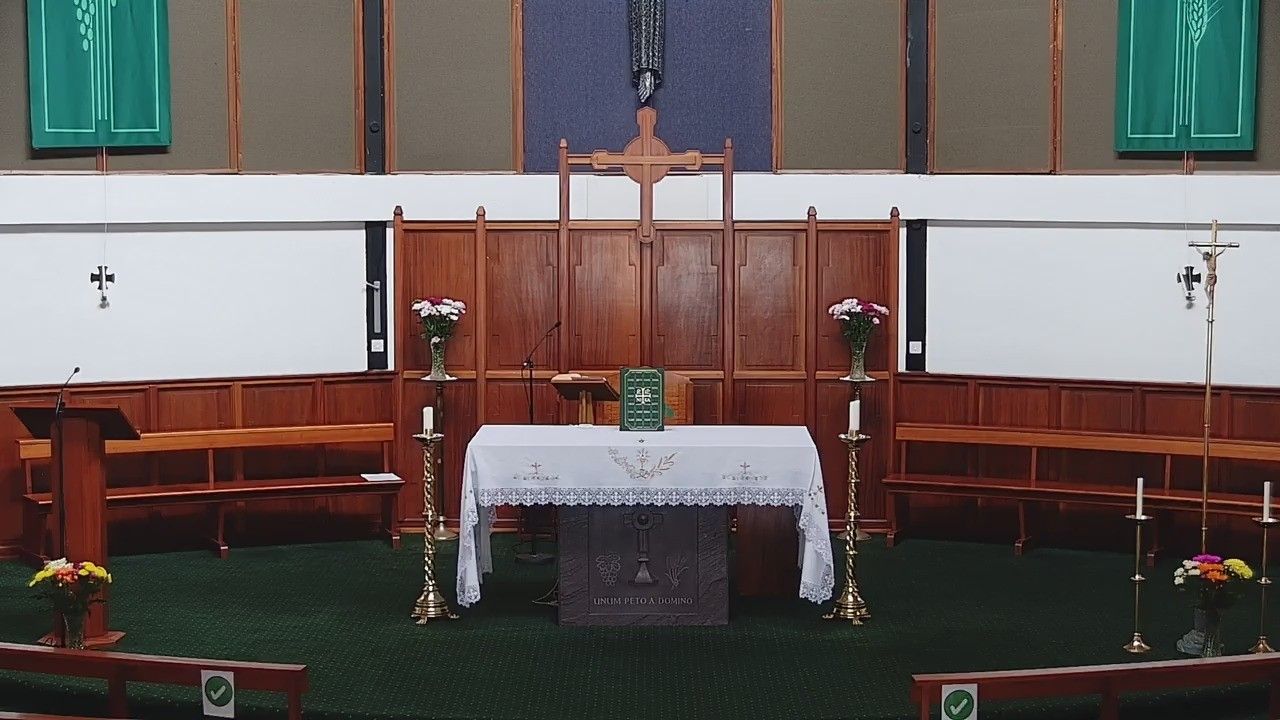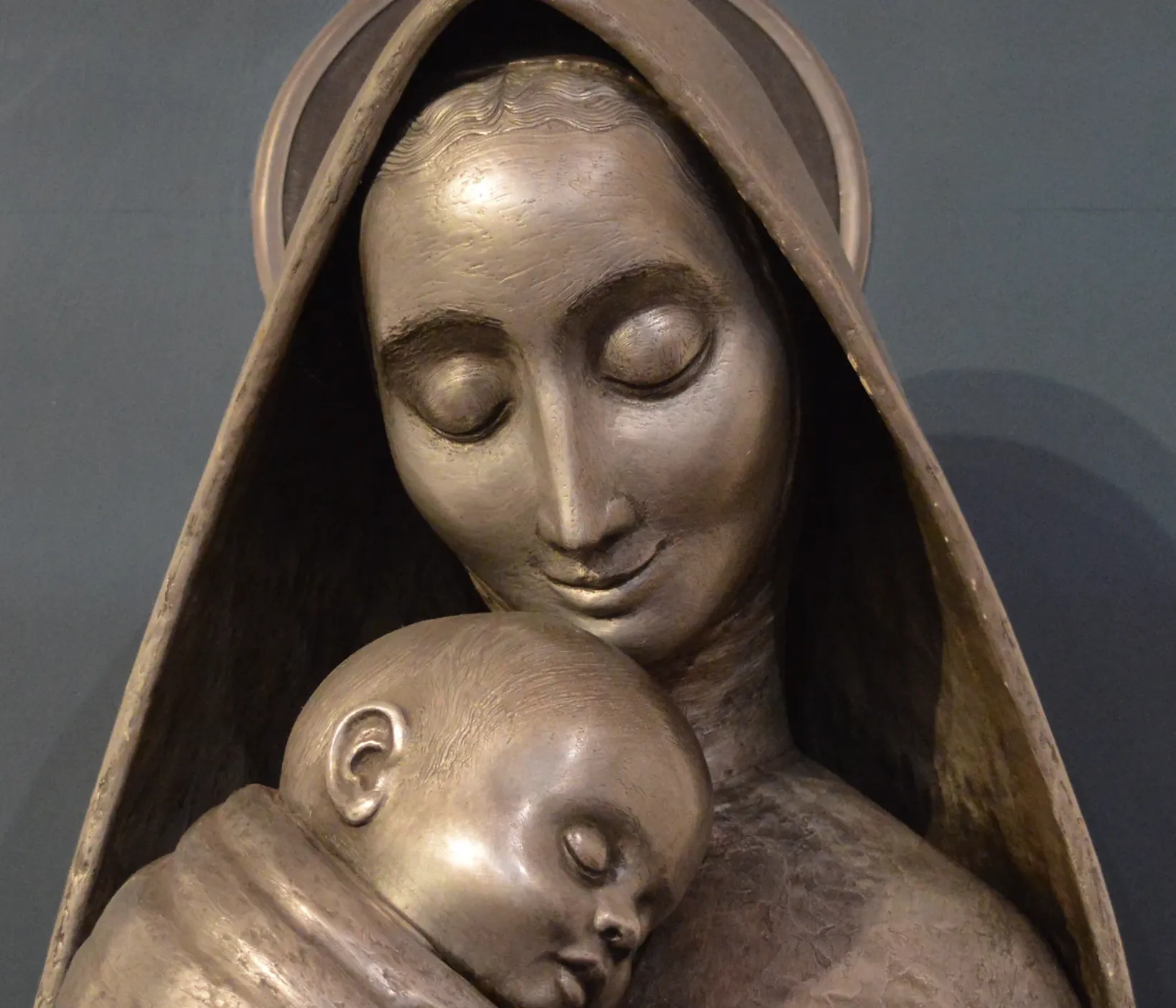Reflection - Sixth Sunday in Ordinary Time
Reflection - Leprosy of the Soul
By referring to leprosy in two of the three readings today , clearly the Church wants to direct our attention to something deeper than a purely physical disease. This is confirmed in the Responsorial Psalm, celebrating the joy of those who confess their sins before God, and experience his forgiveness. We might regard sin as a kind of leprosy of the soul. The ancient world used to combat physical leprosy by isolating the lepers, make them live outside the camp or town, and making them cry aloud, “Unclean, unclean!” as a warning to anyone approaching them. Also, whoever had the misfortune to even touch a leper would be regarded as unclean, and would be excluded from the community.
Perhaps there is some parallel to this on the spiritual plane. In the church of Jesus Christ, a sin committed by any member of this community is never a purely private affair, but a rejection in some degree of the standards the members have pledged to uphold. One of the most disturbing sayings of Christ in the gospels was his reference to Judas at the Last Supper: “Not one of them is lost, except the one who chose to be lost” (Jn 17:12).
There is a touching humility in the leper’s request to Jesus, “If you want to, you can cure me.” This appeal was met with compassion by Jesus, who, as St Mark comments, was moved with pity. He went further, stretching out his hand and touching the leper, so making himself unclean according to the law. Shortly afterwards Mark says that Jesus could no longer go openly into any town, but had to stay outside in country places. This compassion for suffering humanity resulted in more and more people coming to him, and even today the outstretched arms of God’s Son on the cross are a never-ending invitation to sinners to seek refuge with him. No longer was the leper, when cured, forced to live apart. After showing himself to the priest he was readmitted as a member of the community.
What in the past was called confession is now called the sacrament of reconciliation. We should reflect that just as mortal sin is not an isolated act, but rather the culmination of a series of minor infidelities, so reconciliation is a gradual return to God over a period of time, with the reception of the sacrament as the high point, a time to celebrate our joy and gratitude in being at one with God again. This conversion, this newlyfound commitment to the Lord is a thing which has to be constantly renewed. There is an enduring need for reconciliation, if we want to love God with our whole strength, and our neighbour as ourselves — the task Christ has set each of us when he said, “This do, and you will live.”
© Irish Association of Catholic Priests.







